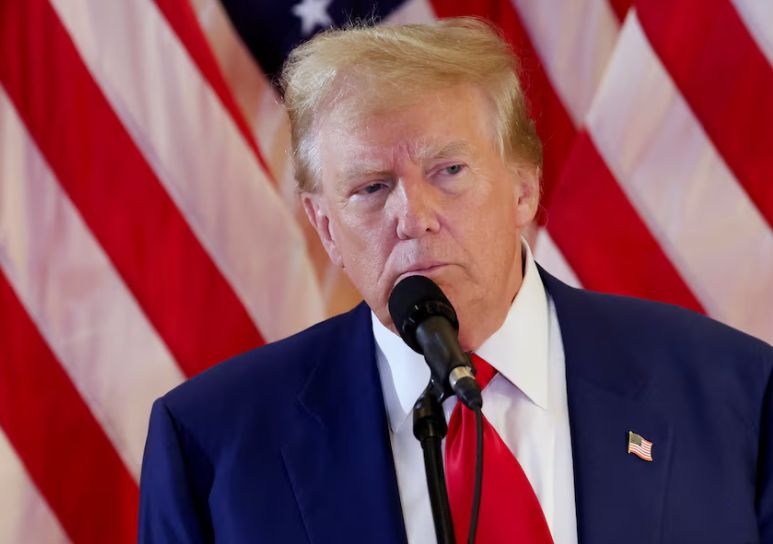In a sharply divided 5-4 decision, the U.S. Supreme Court has ruled that the Trump administration may resume deportations under the Alien Enemies Act, a 1798 wartime statute.
The ruling intensifies debate over the scope of presidential authority, especially in matters of immigration and national security.
Here’s what the ruling means, what it doesn’t, and what legal experts are watching next.
What Is the Alien Enemies Act?
The Alien Enemies Act, part of the Alien and Sedition Acts of 1798, gives the president power to detain and deport noncitizens from countries considered enemies during times of war or invasion. It is rarely invoked and has historically been used only in active wartime scenarios, such as during World War II.
In this case, the Trump administration applied the act to Venezuelan nationals it claims are affiliated with the violent transnational gang Tren de Aragua, framing the group as a national security threat.
What Did the Supreme Court Decide?
The Court ruled that:
- Deportations under the Alien Enemies Act can resume, overturning a lower court’s pause.
- Detainees must be allowed to file habeas corpus petitions in the jurisdiction where they are held to challenge their deportations.
- However, the Court did not address whether applying the Alien Enemies Act outside of declared war is constitutional.
Justice Neil Gorsuch, writing for the majority, emphasized that procedural due process must be preserved but avoided ruling on the broader implications of using the law during peacetime.
Who Does This Affect?
The case stemmed from the March 15 deportation of over 130 individuals, including Venezuelans, some of whom legal advocates claim were wrongfully labeled as gang members based on superficial criteria like tattoos or clothing.
A federal judge had verbally ordered planes to return, but deportations proceeded. Civil rights groups and immigration attorneys have since filed habeas petitions on behalf of the deported individuals, arguing that many now face imprisonment or death abroad.
Why Is This Controversial?
Legal experts and civil rights advocates say the ruling:
- Expands executive power by allowing a president to invoke a wartime law without a formal war.
- Weakens due process, as individuals can be deported before courts can fully hear their cases.
- Risks targeting innocent people under broad, untested criteria for gang affiliation.
In dissent, Justice Sonia Sotomayor called the decision “inexplicable and dangerous,” while Justice Ketanji Brown Jackson described the Alien Enemies Act as a “relic” now weaponized for immigration enforcement.
What’s Next?
While the ruling allows deportations to proceed, future litigation is likely, particularly around:
- Whether the Alien Enemies Act can be used during peacetime.
- How the government determines who qualifies as an “alien enemy.”
- Ensuring detained individuals can challenge their removal in court before being deported.
Immigration advocates view the Court’s recognition of habeas rights as a limited victory but warn of grave humanitarian consequences if broader application of the law goes unchecked.

